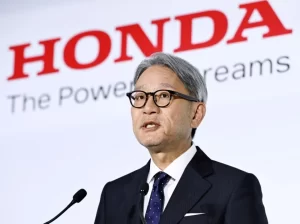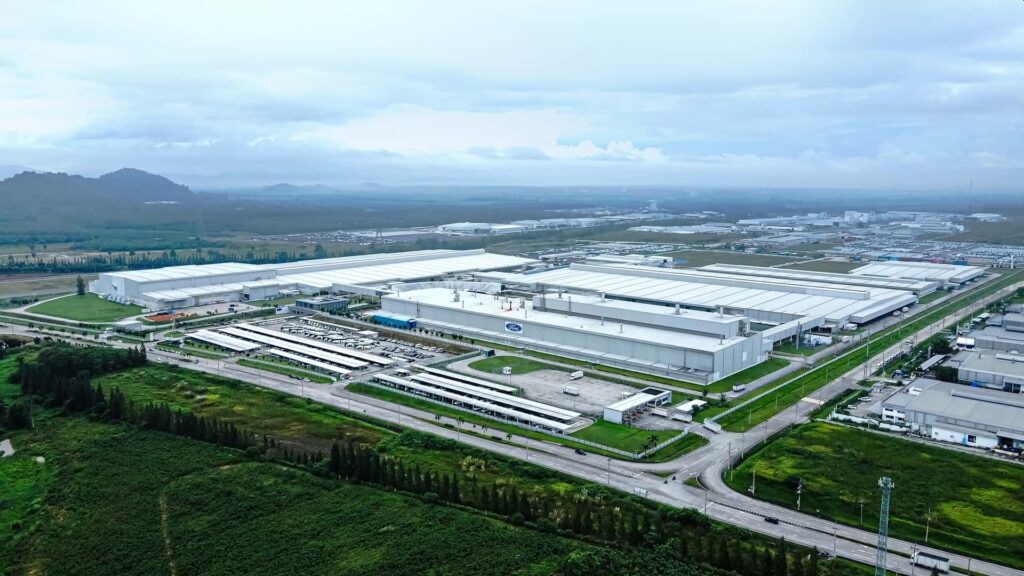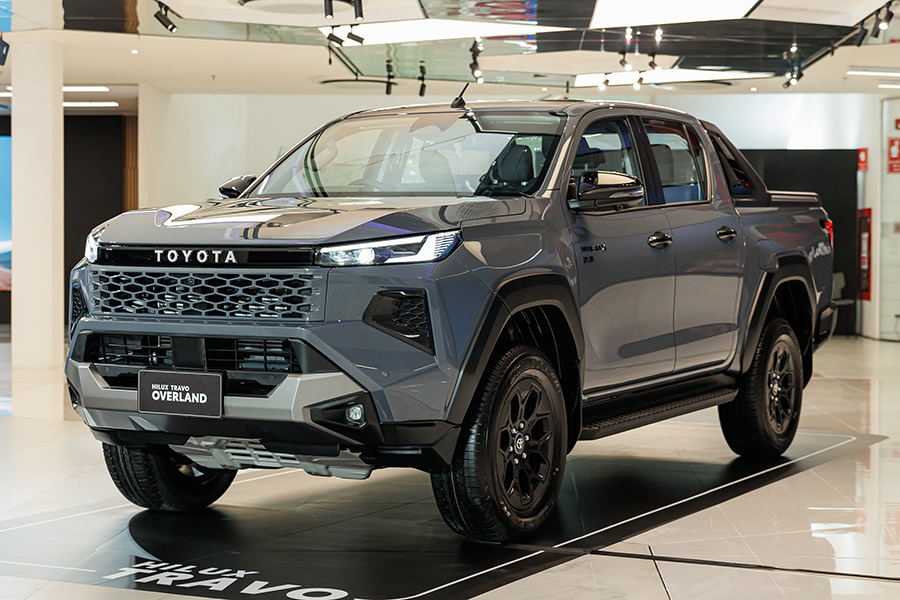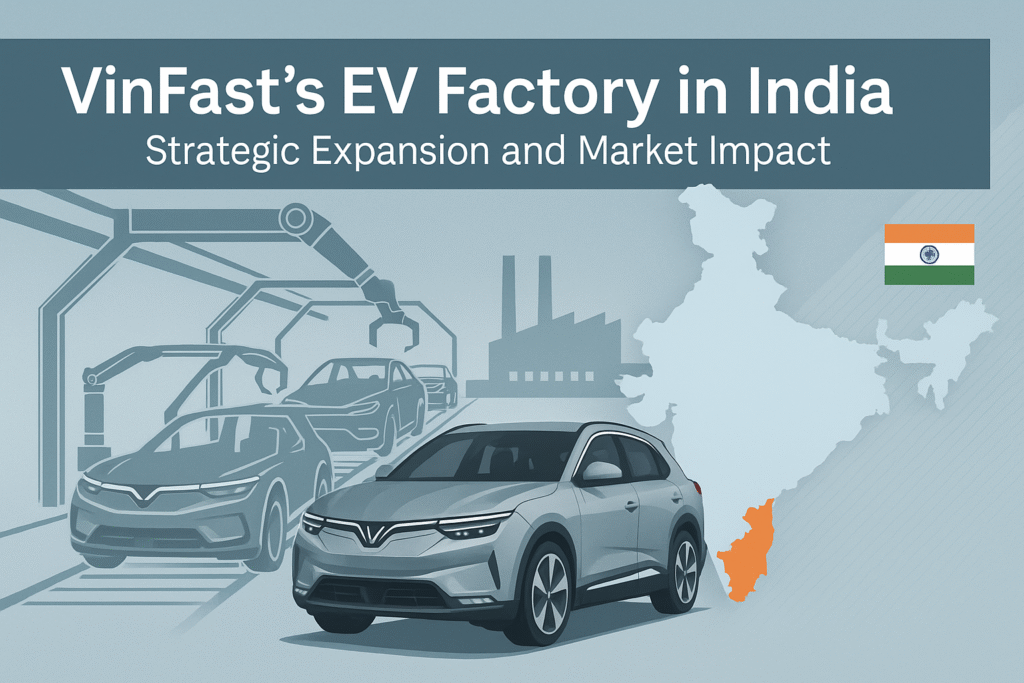
Balancing Short-Term Hybrid Focus with Long-Term Electric Ambitions in a Shifting Automotive Landscape
Honda Motor Co. has announced a significant reduction in its electric vehicle (EV) technology investment plan, cutting the budget from 10 trillion yen (approximately $69.3 billion) to 7 trillion yen (about $48.5 billion) through fiscal year 2030. This 30% reduction comes amid slower-than-anticipated EV market growth and uncertainty surrounding environmental policies in key markets, particularly the United States.
Reasons Behind the Investment Reduction
Toshihiro Mibe, Honda’s President and CEO, revealed during a press conference on Tuesday, May 20, 2025, that the company now forecasts EVs will account for approximately 20% of its total sales by 2030, down from the previous target of 30%. This adjustment is primarily attributed to:
– Slowing expansion of the EV market in North America and Europe
– Changes in environmental regulations that previously drove EV adoption
– Shifting trade policies across various countries
– Relaxation of environmental regulations under U.S. President Donald Trump’s administration
As part of the budget reduction, Honda will delay the launch of its EV production plant in Canada by approximately two years from the initially planned 2028 timeline, which will reduce investments by 1 trillion yen. Mibe stated, “We will postpone major investments until 2030 or beyond to achieve the technological and production capabilities that will help us lead the world in electrification.”
Short-Term Focus on Hybrid Vehicles
While scaling back EV investments, Honda will place greater emphasis on hybrid vehicles in the near term. The company aims to double its global hybrid vehicle sales to 2.2 million units by 2030 and plans to introduce 13 new hybrid models worldwide over the next four years, starting from 2027.
Honda views hybrid vehicles as playing a crucial role during the transition to widespread EV adoption. The company also plans to develop a new hybrid system for larger vehicles, expected to debut in the latter half of this decade.
Additionally, Honda intends to enhance the competitiveness of both its electric and hybrid vehicles by incorporating advanced driver-assistance features and other intelligent technologies in models launching from 2027 onward.
Affirming Long-Term Carbon Neutrality Goals
Despite the short-term investment reduction, Honda remains committed to its long-term transition to full electrification. The company maintains its goal of having EVs and fuel cell vehicles constitute 100% of its new vehicle sales by 2040.
Mibe emphasized that “electric vehicles will be the most appropriate solution for achieving carbon neutrality from a long-term perspective,” and that investment in EVs is not being abandoned but merely delayed.
Beyond its automobile business, Honda is also focusing on strengthening its highly profitable motorcycle business, targeting an increase in global market share from 40% to over 50%.
Honda’s strategy adjustment reflects the challenges the automotive industry faces in transitioning to electric vehicles amid policy uncertainties and changing consumer demands. However, the short-term focus on hybrid vehicles may prove to be a shrewd strategy for maintaining competitiveness and flexibility during this transition period.
In the Thai market, where aggressive EV adoption has been observed over the past two years while internal combustion engine vehicle market share has significantly declined, Honda’s strategic pivot may have particular relevance. The company’s balanced approach between hybrid technology and continued EV development could provide valuable insights for the Thai automotive sector as it navigates its own electrification journey.


